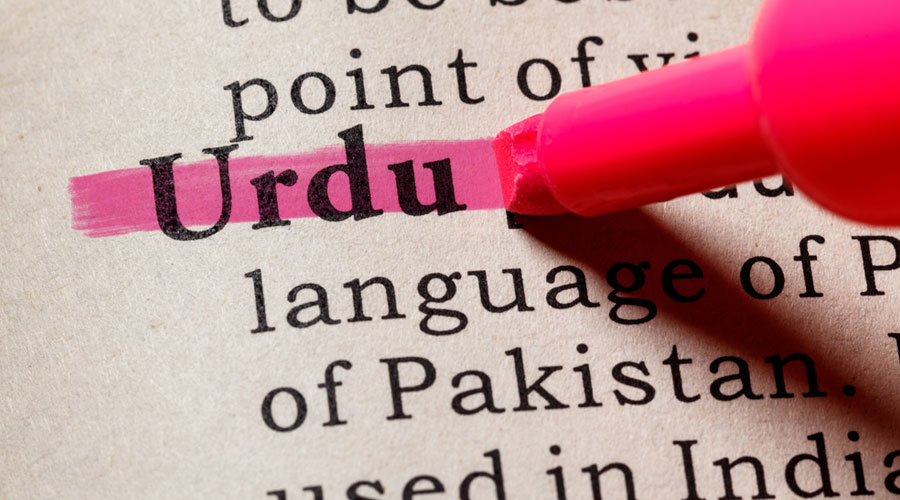Hatred has its own lens. Speaking at a literary meet recently, the poet and lyricist, Javed Akhtar, expressed his disappointment at a newspaper report that listed two Urdu books along with RDX and weapons found in a car carrying two terrorists. The implied equation of RDX and Urdu was painful to Mr Akhtar; perhaps too the way the reference to the Urdu language functioned as a code for the alleged terrorists’ religious identity. The lens of hatred reduces the language of some of the finest poetry and most powerful literature in the world into a language used by terrorists, and links both in the implied accusation of an unnamed faith. The reference to Urdu books was meant specifically to suggest a religion. Mr Akhtar said that the identification of language with religion made no sense; languages belong to regions, as the birth of Bangladesh demonstrated. The mental and political habit of attributing languages to religions is particularly absurd in the case of Urdu which, unlike other languages, did not begin with paeans to temples, churches or mosques but with agnostic, even non-believing, writers who wrote boldly about social injustices among other themes, including lesbianism, for instance.
The history of Urdu’s divergence from Hindi is marked if not by hatred then by the desire to distance one religious group from the other. It was tied in with the feverish — ultimately tragic — politics of the time, which haunts the subcontinent to this day. At a time when much of India seems to be succumbing to an aggressive, chauvinistic nationalism cleverly associated with the majority religion and the Hindi language, the lens of hatred sweeps everything together, from faith to language, from dissent to dress, marriage and even subject of research, for punishment by State and non-State elements. As visitors of one community are singled out for blame at the beginning of the Covid-19 pandemic in India, so are girls suddenly forbidden to wear the hijab in class in one state, laws against ‘love jihad’ marriages are formulated even though the Centre has found no such thing, students from underprivileged groups are prevented by regulation from researching subjects relating to the history and culture of India in foreign universities, all dissent, even if imagined, is quickly suppressed by imprisoning the young and the old for years. This list gives a fleeting taste of everyday India today.
Mr Akhtar’s remarks about Urdu take on an ironic cast in this environment. The emphasis on Hindi leads to other forms of resistance — those that are linked to regions and cultures. India is rich in cultures and languages; to try to erase this diversity in the name of nationalism is a mark of quite extraordinary myopia. Hindi is a beautiful language too. Hostility to it is as impoverishing as the hostility to Urdu. The lens of hatred is narrow, short-sighted and destructive of humanity’s richest achievements.











